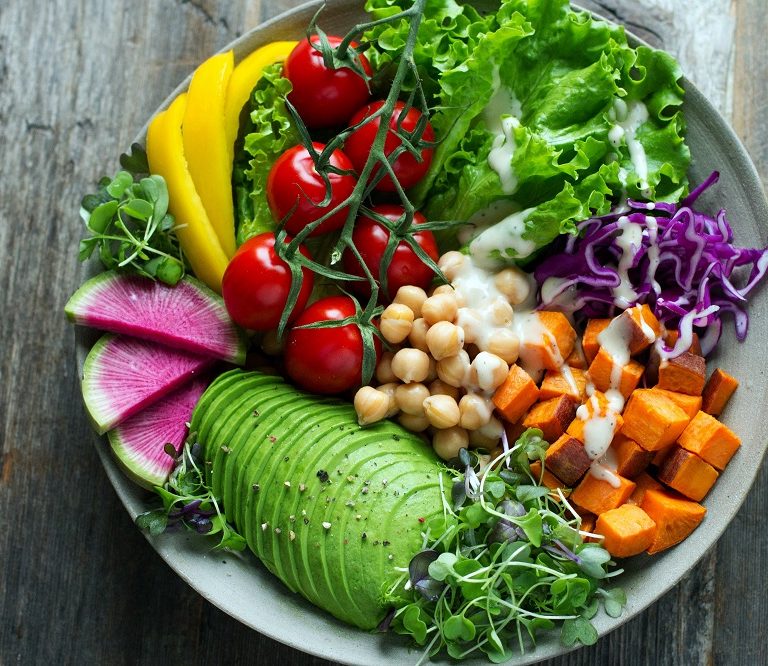Ayurvedic Nutrition
In Ayurveda wholesome diet is called Pathya (the precisely constituted and calculated cooked food). According to Ayurvedic nutrition “we are the outcome of what we eat and digest”.
Acharya Charaka has described that the basis of life of all living things is food and the entire world seeks food. Complexion, clarity, good voice, long life, understanding, happiness, satisfaction, growth, strength and intelligence are all the outcome of the intake of a wholesome diet.
Acharya Sushruta opines that nourishing food directly energizes and strengthens both mind and body and improves memory, digestive power, immunity and as a whole ‘Ojas’, thereby increases the longevity of life.
As per Ayurvedic nutrition principles diet should contain all the Panchamahabhutas (five basic elements) as the body is made up of those elements. Diet should also possess all the six tastes (sweet, sour, salt, astringent, bitter and pungent) as each rasa promotes specific diversified effects for the nourishment of the body.
The significance of pathya has been quoted as, ‘there is no need of any medicine if an ailing individual follows the dietic rules (pathya) because medicine alone is not sufficient for complete recovery from the disease’.

As per Ayurveda, Agni (the digestive fire) is responsible for proper digestion and metabolism. Healthy Agni; healthy being. Agni, the core fire, converts the ingested food to energy and maintain proper body functions. When Agni is functioning well, one feels healthy, strong and blissful. Disturbances in Agni can lead to many diseases and imbalances. Most of the diseases occur due to weak or disturbed Agni, so correcting Agni is the first line of treatment in Ayurveda. Agni can be correlated with ‘digestive power of the body’.
